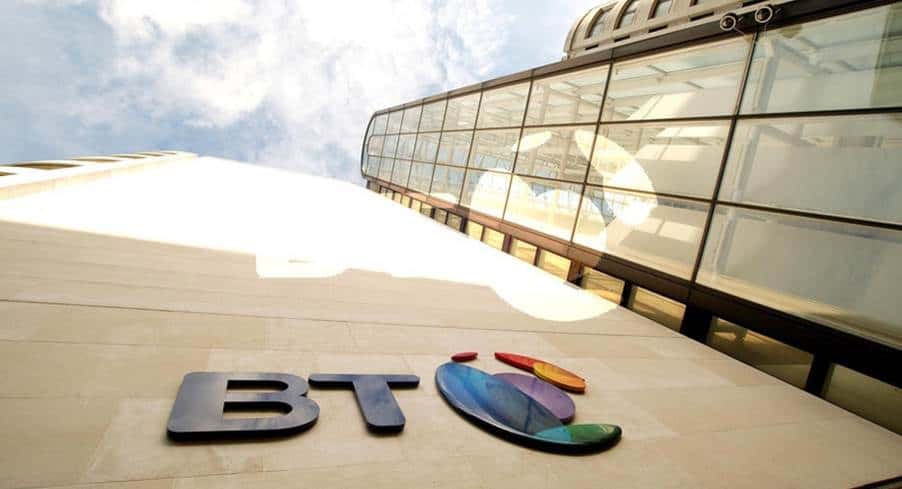The recent media speculation and BT's confirmation of its talks with O2 and EE as part of its bid to re-enter the mobile market via the acquisition of either of these operators has sparked off a lot of speculation in the market. BT had its share in UK's mobile market via Cellnet which it sold to Telefonica in 2002, which then saw Cellnet being rebranded as O2. The move by BT is expected to have a significant impact on the industry, especially within the UK mobile market with more mergers expected to take place in near future. If the BT O2/EE acquisition takes place, this could possibly trigger other mergers among operators as they continue to be challenged by increasing commoditization of mobile services. At the same time, the emergence of digital service providers and quad-play operators is forcing existing operators to expand their business to other verticals to enable them to capture a wider market share by being able to offer the entire suite of connectivity and content services covering multi-screen services, IoT/M2M services and extended shared bundles as well as mobile advertisement, mobile banking services and cloud services. The trend towards this necessitates mobile operators to acquire extended presence across all connectivity channels, strengthen and optimize their existing networks and be able to offer a comprehensive portfolio of services for both retail and businesses customers.
In the wake of BT's statement of its plan to expand its operations in the mobile market, London-based Ovum, an independent analyst and consultancy firm recently shared its perspective on the impending transaction, saying that if the deal goes through, other operators will be jumping on the bandwagon and the industry could very well head towards a new round of consolidation.
Ovum's Statement
If BT’s talks with O2 or EE end up in an acquisition, then many other operators will have to look at merging in the UK. making the country the hottest M&A playground in Europe. Virtually all operators today believe that their future lies in a quad-play, a supposedly new buying behavior expected to consolidate in future: In the operators’ view, customers will buy their fixed telephony, broadband, mobile, and TV services all from the same company and stay with the same provider for longer.
Service providers in turn will spend less on retaining their customers and make higher profits. The UK’s quad-play market is still in its infancy and is behind most other European countries: Only Virgin Media has managed sign up a considerable number of customers to its quad-play plans, all the other players can be seen as either mobile-only or fixed-TV-only operators. A BT-led acquisition of either O2 or EE will leave see everybody else rushing on a frantic search for a buyer, acquirer, or a merger: Vodafone, Talk Talk, Sky, and whoever is left alone between O2 and EE will seriously evaluate their identity and most likely reconsider their future. 3 UK is possibly the only player to stay put given its well-tested underdog strategy.
Vodafone has already decided to enter the fixed-line and TV market in 2015, reusing some of the assets it acquired from Cable and Wireless. TalkTalk has signed a deal with O2 to wholesale-buy and resell mobile while largest mobile operator EE has just launched its own TV services running over its much smaller fixed-line business. O2 has lost much of its edge in mobile and has exited the fixed-line market; Sky remains a smaller player in fixed line but is one of the strongest TV providers.While the outcome of BT’s talks remains unknown, one thing is sure: Everybody else will feel left out and will try to become an “integrated operator”. Efforts so far have been slow but BT will accelerate a trend to the point that “in-house” development will have to speed up, giving way to mergers which is becoming the most likely scenario for 2015.




















